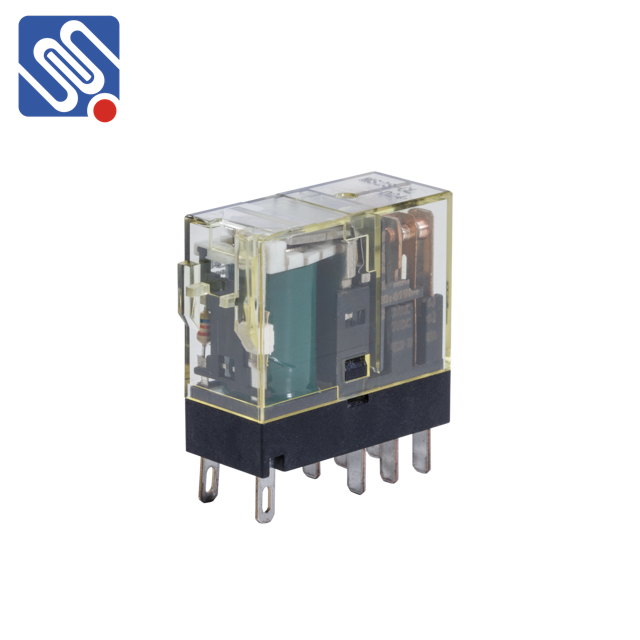relay type selection: a guide to choosing the right relay for your applications
Release time:2025-04-17 00:54:36
When it comes to designing electrical circuits, choosing the correct relay is crucial for ensuring optimal performance, safety, and reliability. A relay acts as a switch that allows electrical signals to control the flow of current in a circuit, often in automation, telecommunication, and industrial applications. Among the various Relay manufacturers and solutions available, Meishuo stands out for providing high-quality and reliable relays that cater to a wide range of needs. This article will guide you through the factors to consider when selecting the right relay, with a particular focus on Meishuo's offerings.

Understanding the Role of a Relay
A relay functions as an electrically operated switch, used to control a circuit by opening or closing contacts in response to an external signal, often from a microcontroller or sensor. Relays are essential for applications where a low power signal needs to control a higher power circuit, such as in industrial control systems, automotive electronics, and home automation.
Factors to Consider When Selecting a Relay
Type of Relay
The first step in selecting a relay is determining the type that suits your application. Relays are available in several types, including electromagnetic relays, solid-state relays, and reed relays. Electromagnetic relays are the most common and involve a coil that generates a magnetic field to move the switch contacts. Solid-state relays, on the other hand, use semiconductor components to perform the switching action without moving parts, making them more durable and reliable in high-speed applications.

